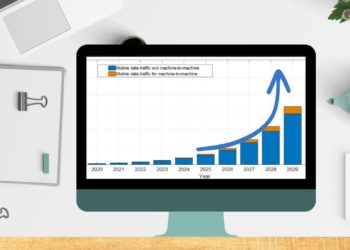In today’s digital age, data breaches are becoming more frequent and severe. Protecting your financial health is crucial. Monitoring your credit report helps you detect any suspicious activity early. Post-breach, it’s essential to stay vigilant.
Understanding Credit Reports
A credit report contains detailed information about your credit history. It includes your personal information, credit accounts, and payment history. Regularly reviewing this report can help you spot errors or fraudulent activities.
A credit score data breach can have serious implications for your financial health. When your personal information is compromised, it increases the risk of identity theft and fraudulent activities on your accounts. This can lead to erroneous entries on your credit report, negatively impacting your credit score. Monitoring your credit regularly, disputing any inaccuracies, and using credit monitoring services can help mitigate these risks. Seeking guidance from Data Breach Solicitors can provide legal support in handling breaches and pursuing compensation for any damages incurred.
Steps to Obtain Your Free Credit Report
1. Visit Official Websites: Go to websites like AnnualCreditReport.com. They provide free access to your credit report from the three major credit bureaus: Equifax, Experian, and TransUnion.
2. Request Your Report: Follow the instructions to request your report. You are entitled to one free report from each bureau annually.
3. Review the Report: Carefully check your report for any inaccuracies or unfamiliar accounts.
What to Look for in Your Credit Report
When you receive your credit report, focus on the following areas:
- Personal Information: Ensure your name, address, and other details are correct.
- Credit Accounts: Verify all listed accounts are yours and check their statuses.
- Public Records: Look for any legal judgments or bankruptcies that might affect your credit.
Handling Errors on Your Credit Report
If you find any discrepancies, take immediate action:
- Dispute Errors: Contact the credit bureau to dispute any inaccuracies. Provide supporting documents to strengthen your case.
- Follow Up: Ensure the errors are corrected by following up with the credit bureau.
The Importance of Regular Credit Monitoring
Monitoring your credit regularly can:
- Prevent Identity Theft: Early detection of fraudulent activities can prevent significant damage.
- Maintain Financial Health: Keeping an eye on your credit helps you manage your finances better.
- Improve Credit Score: Identifying and correcting errors can boost your credit score.
Utilise Credit Monitoring Services
Consider using credit monitoring services. They offer alerts for any changes in your credit report, providing an extra layer of protection.
Monitoring your credit report post-breach is a vital step in safeguarding your financial future and pursuing data breach compensation if necessary. Stay proactive, check your reports regularly, and take immediate action on any discrepancies. Your financial health depends on it.











































































